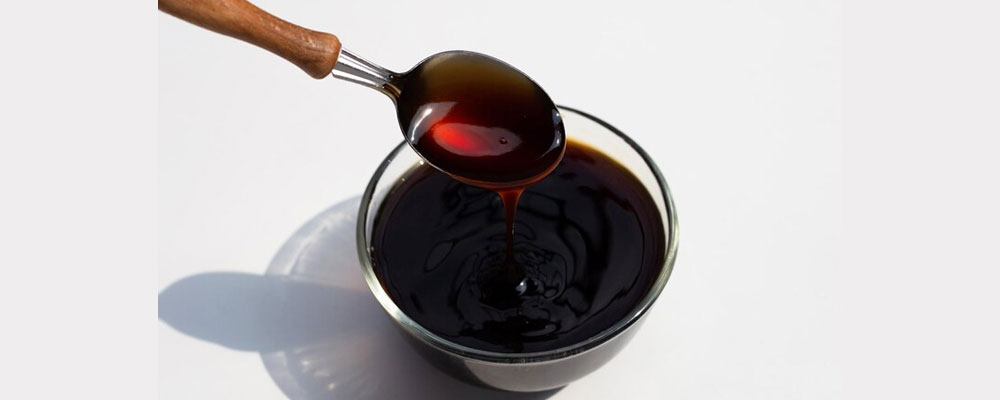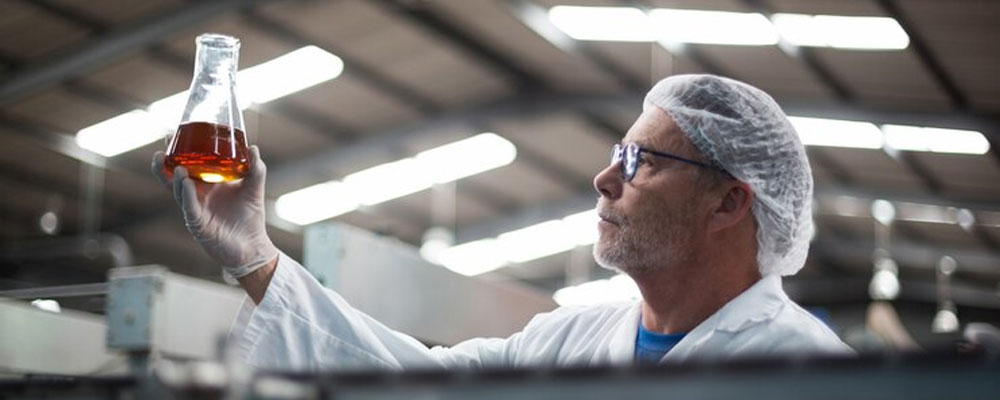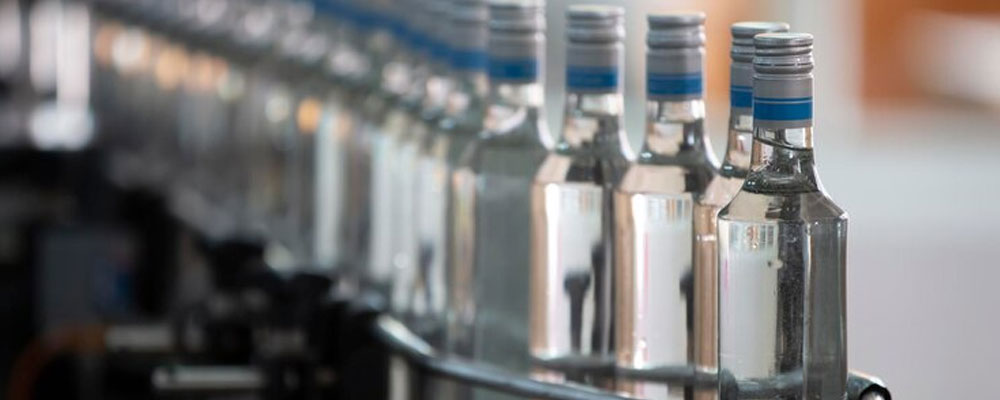Ethanol production has long been a cornerstone of global industries, powering sectors from renewable energy to pharmaceuticals. With the growing emphasis on sustainability and the shift towards biofuels, the efficient production of ethanol has become a priority. Among the various feedstocks used for ethanol production, molasses—a by-product of sugar production—stands out as a cost-effective and readily available raw material. However, the complex composition of molasses presents challenges in achieving optimal ethanol yields. Enter enzymes: these biological catalysts are revolutionising molasses distillation, enhancing efficiency, and paving the way for a more sustainable ethanol industry.
Understanding Molasses as a Feedstock
Molasses, a thick and viscous by-product of sugar extraction from sugarcane or sugar beet, is rich in fermentable sugars such as sucrose, glucose, and fructose. Despite its high sugar content, molasses also contains impurities such as proteins, starches, and fibres that can interfere with fermentation and distillation processes. These impurities can reduce the availability of fermentable sugars, lower ethanol yields, and increase the energy and time required for production.
Traditionally, producers have relied on physical and chemical treatments to address these challenges. However, such methods are often resource-intensive and less efficient. Enzymatic solutions offer a more precise and eco-friendly alternative, breaking down impurities and unlocking the full potential of molasses as a feedstock.

The Role of Enzymes in Ethanol Production
Enzymes are proteins that catalyse specific biochemical reactions, making them indispensable tools in industrial processes. In ethanol production, enzymes target the non-fermentable components of molasses, converting them into fermentable sugars. This enzymatic breakdown not only increases the sugar content available for fermentation but also improves the overall efficiency of the distillation process.
Key Enzymes in Molasses Distillation
Several enzymes play crucial roles in optimising molasses-based ethanol production. Here are some of the most impactful enzymes:
1. Amylases
Amylases are enzymes that catalyse the breakdown of starches into simpler sugars. Molasses often contains residual starches from the sugar extraction process, which are not directly fermentable by yeast. Amylases, particularly α-amylase and glucoamylase, hydrolyse these starches into glucose, making them available for fermentation. This enzymatic conversion significantly enhances the ethanol yield from molasses.
2. Cellulases and Hemicellulases
Molasses contains traces of fibrous materials, including cellulose and hemicellulose. These complex carbohydrates are resistant to fermentation and can hinder the distillation process. Cellulases and hemicellulases break down these fibres into fermentable sugars, reducing viscosity and improving the flowability of molasses during processing. The result is a smoother and more efficient fermentation process.
3. Proteases
Proteins in molasses can interfere with yeast metabolism and fermentation efficiency. Proteases target these proteins, breaking them down into peptides and amino acids. This not only removes a potential source of inhibition but also provides essential nutrients that enhance yeast activity, promoting faster and more complete fermentation.
4. Invertases
Invertase is an enzyme that hydrolyses sucrose into glucose and fructose, both of which are more readily fermentable by yeast. By maximising the availability of fermentable sugars, invertase ensures a more efficient conversion of molasses into ethanol.
Benefits of Using Enzymes in Ethanol Production

The application of enzymes in molasses distillation offers numerous advantages that extend beyond increased ethanol yields:
- Enhanced Efficiency: By breaking down non-fermentable components, enzymes streamline the fermentation process, reducing the time and energy required for ethanol production.
- Higher Yields: Enzymatic hydrolysis unlocks additional fermentable sugars, maximising the ethanol output from each batch of molasses.
- Improved Sustainability: Enzymes enable the efficient utilisation of molasses, a by-product that might otherwise go to waste. This aligns with the principles of circular economy and reduces the environmental footprint of ethanol production.
- Cost-Effectiveness: While enzymes represent an initial investment, their ability to enhance yields and reduce processing costs makes them a cost-effective solution in the long run.
- Consistency and Quality: Enzymatic processes are highly specific and predictable, ensuring consistent ethanol quality across batches.
Challenges in Enzyme Application
Despite their numerous benefits, the use of enzymes in ethanol production is not without challenges. One of the primary hurdles is the cost of enzyme formulations, particularly for small-scale producers. However, ongoing advancements in biotechnology are driving down these costs, making enzymes more accessible to a wider range of producers.
Another challenge is the need for precise conditions to achieve optimal enzyme activity. Factors such as temperature, pH, and substrate concentration must be carefully controlled, necessitating investments in monitoring and control systems. Additionally, the presence of inhibitors in molasses, such as heavy metals or chemical residues, can affect enzyme performance. Addressing these inhibitors through pre-treatment or enzyme engineering is an area of active research.
The Future of Enzymes in Ethanol Production

The future of molasses-based ethanol production lies in the continued innovation of enzyme technologies. Advances in genetic engineering and synthetic biology are enabling the development of enzymes with enhanced stability, activity, and specificity. For example, thermostable enzymes that remain active at higher temperatures are reducing the need for cooling during fermentation, saving energy and costs.
Moreover, the integration of enzyme cocktails—combinations of complementary enzymes—is optimising the breakdown of complex molasses components. These tailored solutions are designed to address the specific composition of different molasses types, ensuring maximum efficiency and yield.
Digital technologies, such as artificial intelligence and machine learning, are also playing a role in enzyme optimisation. By modelling enzymatic reactions and predicting their outcomes, these tools are helping producers fine-tune their processes for greater efficiency and consistency.
Biolaxi Enzymes: Empowering Ethanol Producers
At Biolaxi Enzymes, we understand the transformative potential of enzymes in ethanol production. With years of expertise in enzyme formulations, we are dedicated to providing innovative solutions tailored to the unique challenges of molasses distillation. Our portfolio includes a diverse range of high-quality enzymes designed to enhance efficiency, sustainability, and profitability for ethanol producers. Whether you’re looking to optimise your fermentation process, increase yields, or reduce production costs, Biolaxi Enzymes has the expertise and products to help you succeed.




